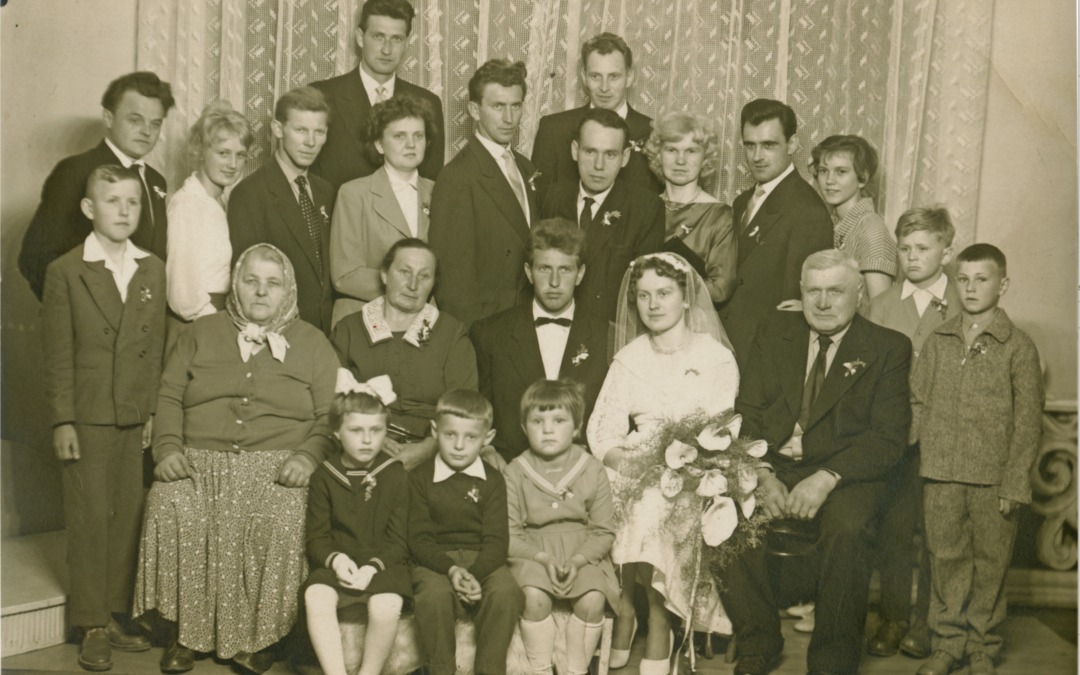
Last week I published an article discussing how some dental practice staff have difficulty in having conversations with patients that come to their practice.
And there are serious consequences for dental practices that have team members who cannot master the art of conversation between each of their patients and each of themselves.
Because patients will only tolerate being ignored for a certain number of times before they start feeling that maybe they should take their dental business somewhere else.
Today, and over the following three weeks I’m going to be sharing four great ways that any staff member can quickly and easily become a conversational guru, no matter how shy or quiet they think that they are.
And those four great ways involve being able to converse with any patient at any time on any one of four very straightforward topics.
Family
Asking your patients questions about their family is one of the easiest ways of striking up a conversation, and also finding out very interesting facts about our patient.
Remember, the whole point of being conversational with our patients is to have them start talking openly and freely about their favourite subject, themselves.
And when the patient opens up about themselves, it allows us to mentally take notes about them, that we can then use in later conversations with them down the track, as well as share with other team members.
And everybody has a family.
People have parents:
“Tell me about your parents?”
“Tell me about your father?”
“Tell me about your mother?”
Parents have family:
“Did they come from a big family?”
“Tell me about your aunties and uncles?”
“Do you have a favourite cousin?”
Parents have parents. Those are grandparents:
“Tell me about your father’s parents?”
“Tell me about your mother’s parents?”
And all these people lived somewhere:
“Did they live nearby?”
“How often did you see them?”
And often these relatives had jobs, and careers:
“What did your [father] do for a living?”
And these relatives sometimes had hobbies:
“What did your [uncle] like to do in his spare time?”
“What hobbies or interests did your [mother] have?”
Older patients have brothers and sisters:
And older patients have children, and grandchildren:
And all of these people live somewhere, have jobs and careers, and hobbies and pastimes…
It’s not difficult…
It’s not difficult to manoeuvre a conversation especially when you get people talking about themselves.
There is a skill in staying on point and not dropping back into a “ME TOO” type of situation. You must not start talking about yourself.
If the patient asks you a question about yourself, it is always polite to answer, but you must also have the skills to redirect the conversation back to the patient. This is done by finishing what you say with a question back to the patient that gets them replying to you again.
When you are well prepared with a mental list of subjects and topics to ask your patients about, then you will be well on the way to being recognised and regarded as an interesting person, and a great conversationalist.
And all you really did was simply ask questions.
You were interested in them.
Genuinely interested in them.
And in so doing, by being interested in them, each of these patients will find you to be an interesting person…
Isn’t that interesting?
*************

Dr. David Moffet BDS FPFA CSP is a certified CX Experience coach. David works with his wife Jayne Bandy to help SME businesses improve their Customer Service Systems to create memorable World Class experiences for their valued clients and customers. Click here to find out how David and Jayne can help your business
